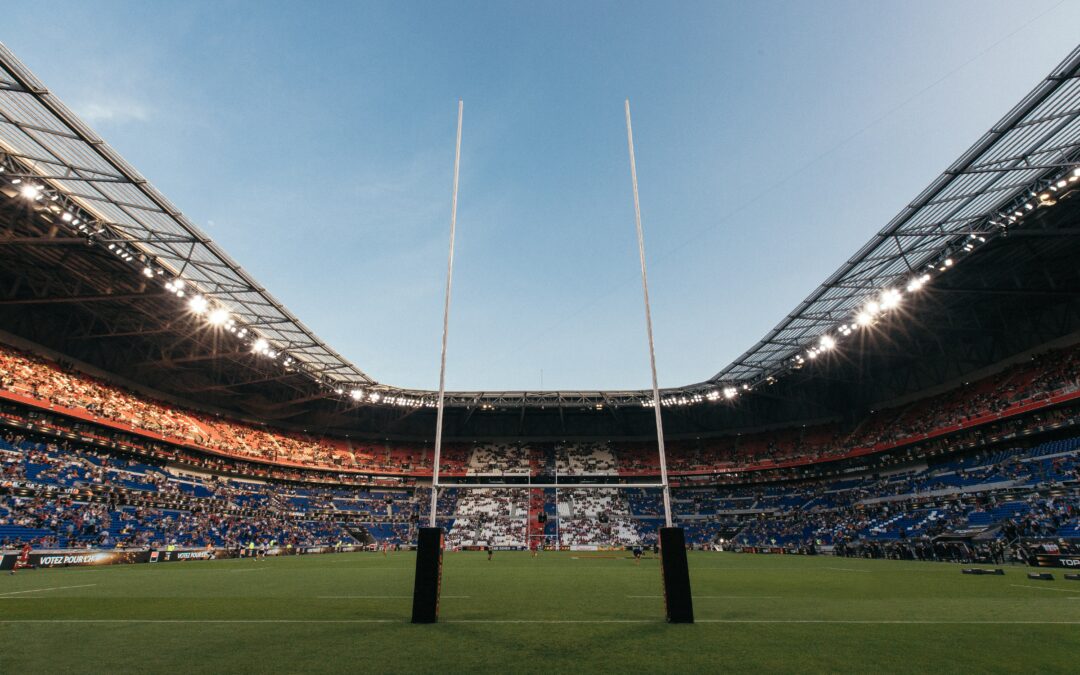As far as major international championships go, the Rugby World Cup was a bit of a late bloomer. The inaugural event took place in 1987, and it seems to get bigger and better every time it is held, the 2019 Japan event included.
Considering the sport has been played for two centuries, it is strange that it took so long for a competition of that level to be organised. Yet, when the sport really began to take off people took advantage of the fun, at places like Caça-níqueis online no Brasil, and changed the narrative for the fan. This is how things unfolded.
Prior to 1987
The first major international rugby tournament was the inaugural Five Nations championship, which took place in 1883. The sport also was played at the Summer Olympics in 1900, 1908, 1920, and 1924.
Despite this, no one seemed to take up the idea of a World Cup until Australian player-turned-referee, Alan Tolhurst, spoke about it in the 1950s. The idea resurfaced in 1979, when Australian Rugby Union president Bill McLaughlin suggested the country host exactly such a competition as part of its bicentenary. The first Rugby World Cup would be hosted by both countries in 1987. Much like online Roulette Australia, it was going to be a gamble, but it was one that has paid off.
1987: The first tournament saw teams representing 16 countries play for the Webb Ellis Cup. In comparison with more recent events, the first looks almost amateurish, even if the standard of play was high. The first winner of the cup was New Zealand, which beat France in the final another insane gamble which sportsbooks and online casinos took advantage of and you can too if you simple register right here.
1991: Travel was a key element of the 1991 Rugby World Cup. It was hosted by England, France, Ireland, Scotland, and Wales. The opening and final matches were held at Twickenham, UK. The latter game saw Australia triumph over England.
1995: The 1995 Rugby World Cup was the first time the tournament was hosted by one country. Significantly, that country was South Africa, and the event took place a year after its momentous first democratic election. The host nation, which participated in the competition for the first time, beat New Zealand in the final.
1999: The interest generated by the previous competition meant that the viewing figures of the 1999 World Cup were the best in the tournament’s history. The tournament was hosted by Wales. Another sign of its growing popularity was an increasing the number of participating teams from 16 to 20. Approximately 1.75 million people visited Wales during the event, which ended with an Australian victory over France.
2003: Hosted by Australia, the 2003 tournament almost saw a return to the days in which it was hosted by two or more countries. However, the planned agreement with New Zealand fell through. England beat the host nation in the final match.
2007: Hosted by France, the 2003 Rugby World Cup continued the tournament’s upward trajectory. The standard of hosting, as well as the standard of the play from all teams involved, was also noticeably better. It is still regarded as one of the most thrilling events so far, and it is remembered especially for a dramatic final in which South Africa beat England.
2011: The 2011 event was hosted by New Zealand. It was the largest the country had seen. Approximately 133,000 foreign visitors arrived for Rugby World Cup. Organisers had expected only 95,000. The final saw the hosts beat France.
2015: Hosted by England, the 2015 Rugby World Cup was dramatic. The host nation was eliminated early in the competition. It also saw Japan beat South Africa in an unforgettable opening weekend match. It all ended with New Zealand beating Australia to retain possession of the Webb Ellis Cup.
